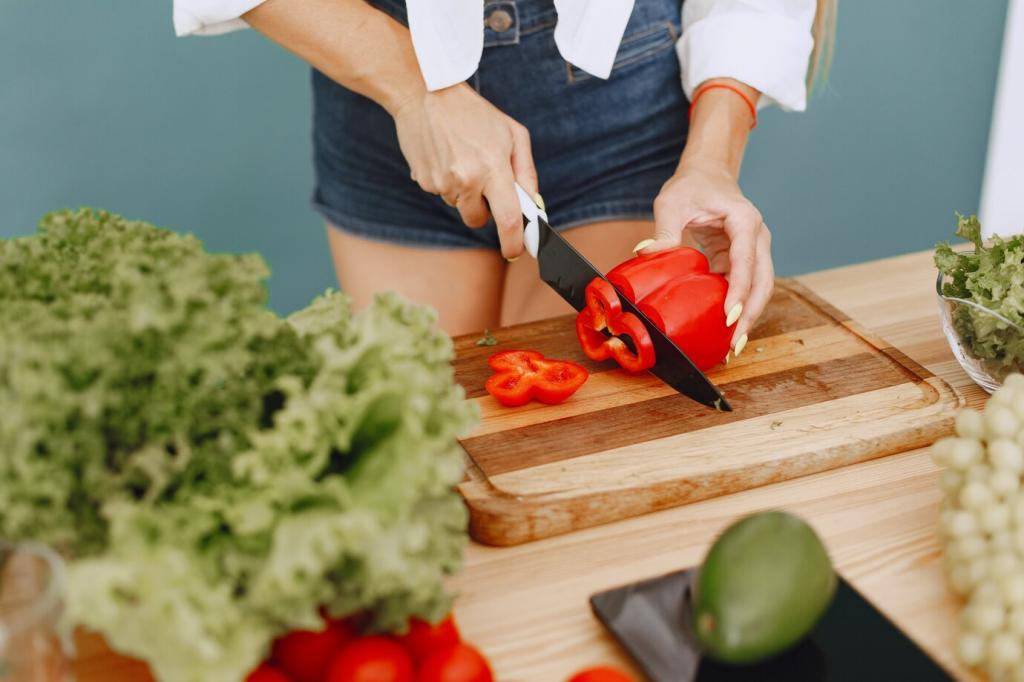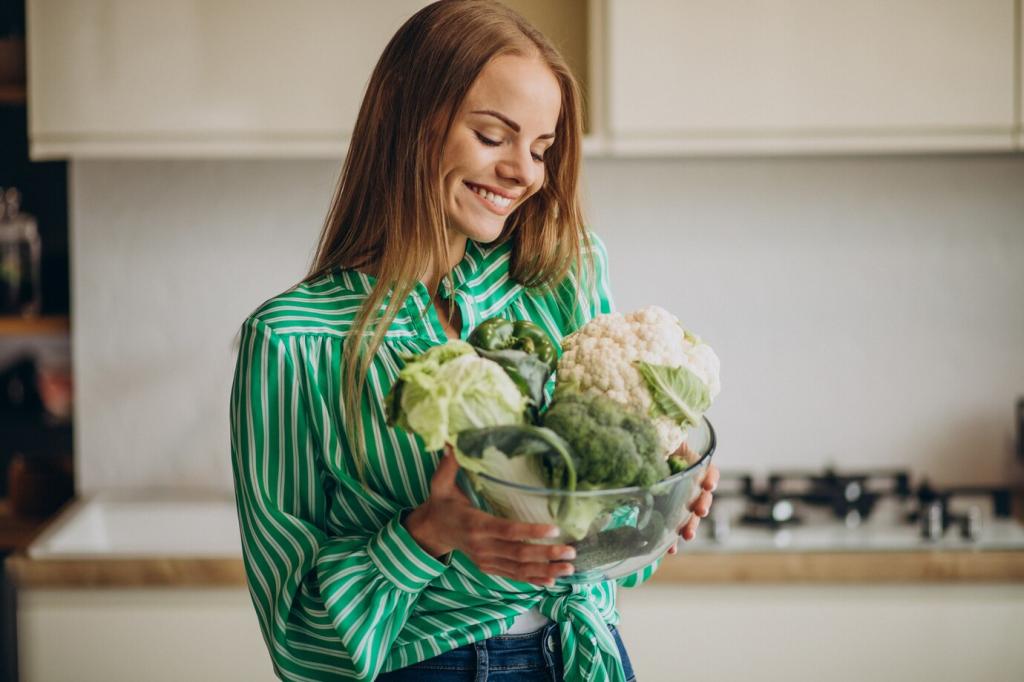
Eco-Conscious Cooking: Must-Read Cookbooks
Chosen theme: Eco-Conscious Cooking: Must-Read Cookbooks. Explore inspiring guides that help you cook delicious meals while caring for the planet. Join our community—subscribe, comment with your favorite titles, and share how sustainable cooking shows up in your kitchen.
Why Eco-Conscious Cookbooks Matter Now
Globally, food systems contribute roughly a third of greenhouse emissions, yet small shifts add up. Eco-conscious cookbooks translate science into recipes, helping you reduce waste, choose low-impact ingredients, and still serve dishes that delight family and friends.
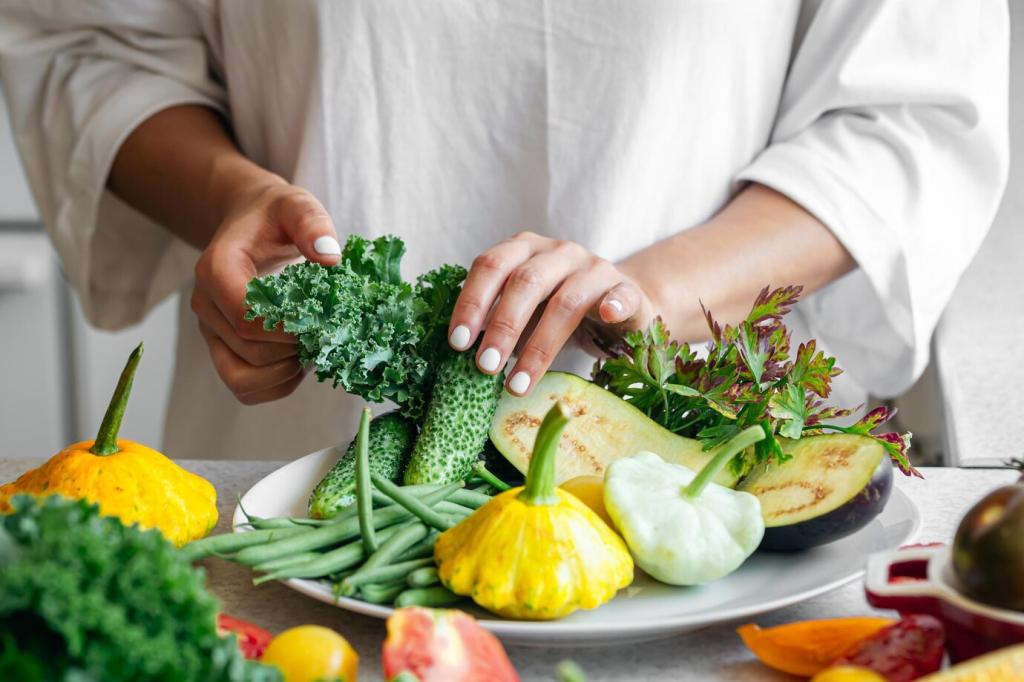
Why Eco-Conscious Cookbooks Matter Now
Many must-read cookbooks echo the planetary health plate: more plants, thoughtful animal products, and minimal waste. They turn abstract guidelines into weeknight meals you’ll crave, proving sustainability can be practical, affordable, and genuinely satisfying at the table.
Building Your Eco Library: What to Look For
Seek books that explain sourcing: seasonal charts, sustainable seafood notes, and clear guidance on labels. The best authors show trade-offs honestly, empowering you to adapt choices to your budget, region, and values without sacrificing flavor or creativity.
Great eco cookbooks cross-reference leftovers and list substitutions. Look for recipe clusters that reuse components—broths, sauces, roasted vegetables—so each cooking session builds towards the next, reducing waste while delivering variety all week long.
Must-read titles acknowledge energy efficiency: pressure cooker swaps, residual heat tips, or oven sharing strategies. They respect small kitchens and tight time windows, showing that sustainability is achievable regardless of gadgets or elaborate culinary setups.
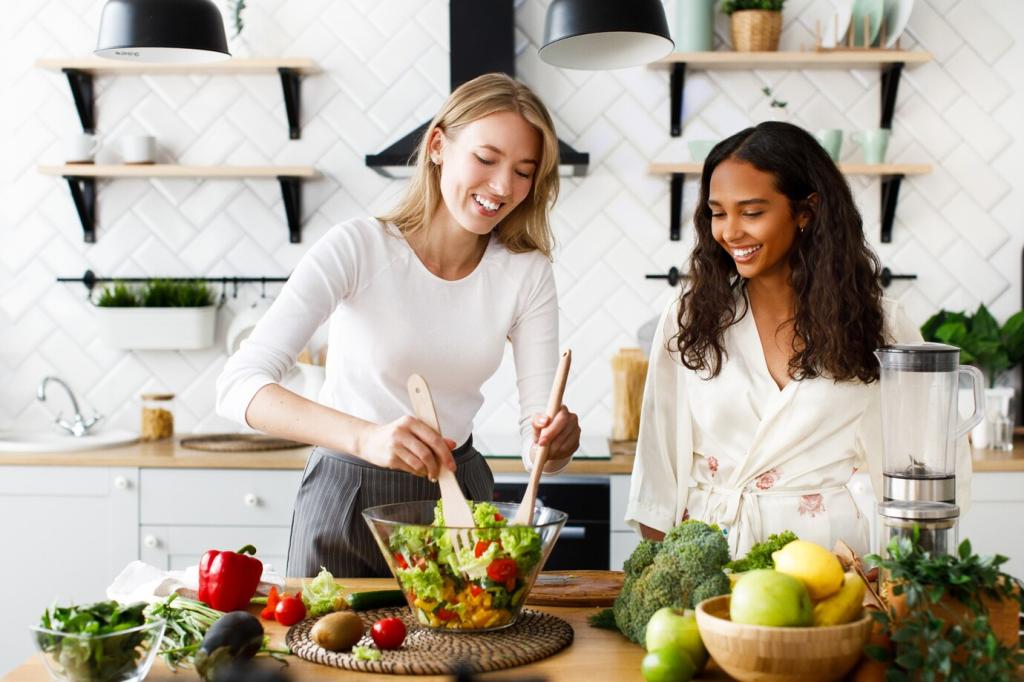
Pantry Foundations for Sustainable Cooking
Beans, lentils, whole grains, and versatile seeds stretch meals sustainably. Eco cookbooks show how to batch-cook foundational elements, then remix them into soups, salads, spreads, and satisfying mains, lowering costs and climate impact with every delicious bite.
Pantry Foundations for Sustainable Cooking
Citrus peels become salts, stalks turn into vibrant herb oils, and stale bread transforms into savory crumb toppings. Authors teach creative extraction of flavor from stems, skins, and rinds, proving that thrift and indulgence can be perfect partners.
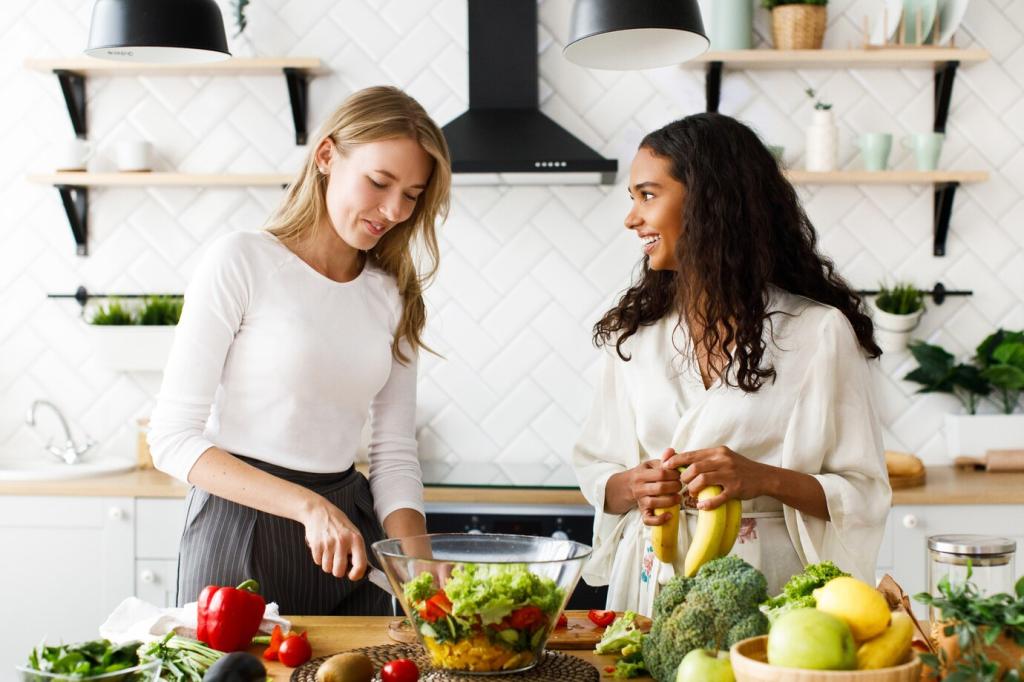
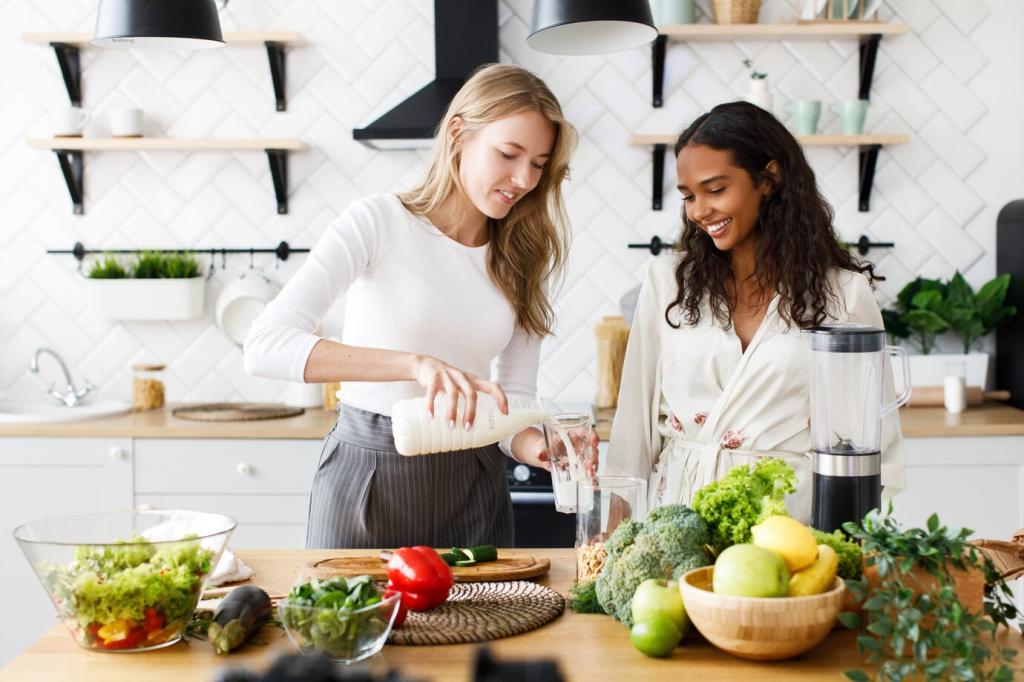
Nose-to-Root and Whole-Use Methods
Transform beet greens into pesto, cauliflower leaves into crispy snacks, and broccoli stems into slaws. Whole-use techniques stretch groceries and spark creativity, with authors offering safe prep guidance and flavor pairings that elevate every part of the plant.
Batching, Prepping, and Time-Shifted Cooking
Cook once, eat many times. Smart guides show how to batch legumes, roast trays of vegetables, and prepare base sauces that morph into multiple meals, trimming energy use and making sustainable choices effortless on busy weekdays.
Low-Energy Heat Management
Pressure cookers, lids, carryover heat, and smaller pans reduce energy needs without compromising texture. Eco cookbooks demystify these tactics, pairing them with seasoning strategies so you achieve layered flavors using less time, less power, and fewer resources.
Seasonality and Locality: Reading the Calendar
Seasonal Swaps that Keep Menus Exciting
Great authors map flexible substitutions—apples for pears, chard for kale, squash for sweet potato—so recipes adapt to what’s fresh. This approach trims transport emissions and keeps your cooking lively, affordable, and responsive to local abundance year-round.
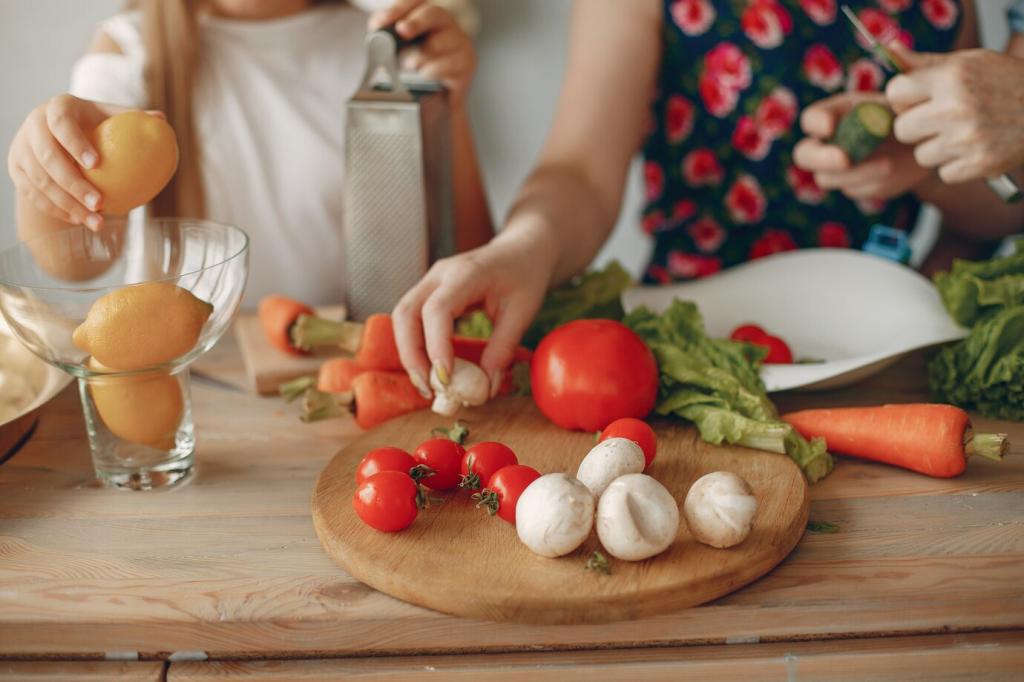
Community, Sharing, and the Cookbook Circle
Borrow before you buy, then trade favorites with friends. Community copies reduce printing demand while broadening access. Tell us which titles you discovered at a library sale, and how they reshaped your kitchen habits for the greener, better.
Community, Sharing, and the Cookbook Circle
Choose a chapter, split recipes among friends, and compare results. You’ll learn substitutions, troubleshoot techniques, and build confidence together. Post photos, tag our newsletter, and drop your reflections—your experience helps others pick their next must-read cookbook.
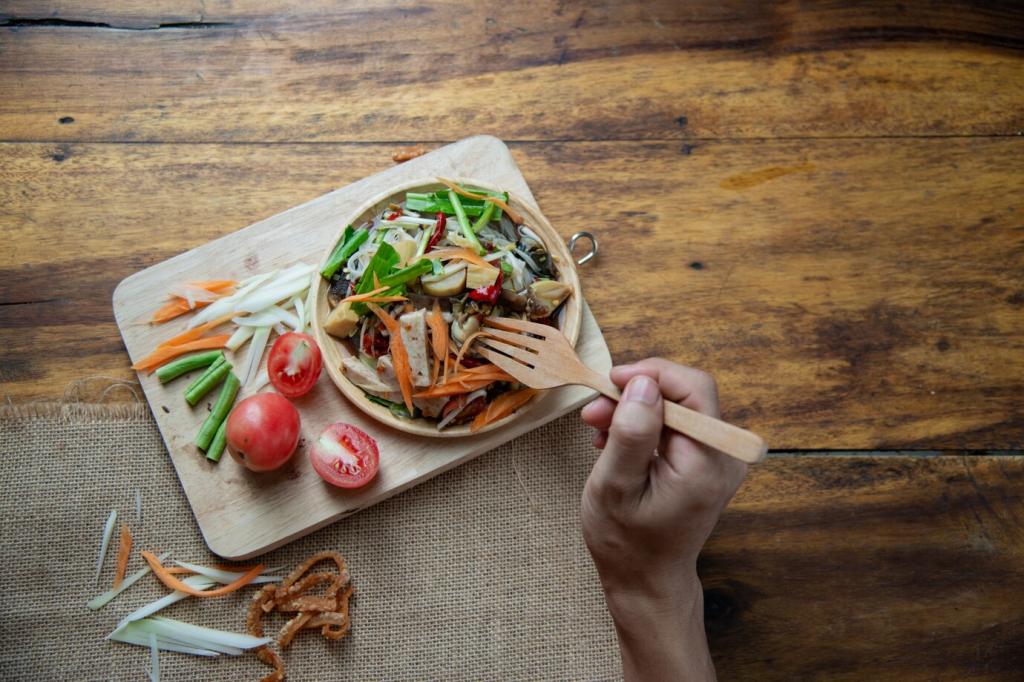
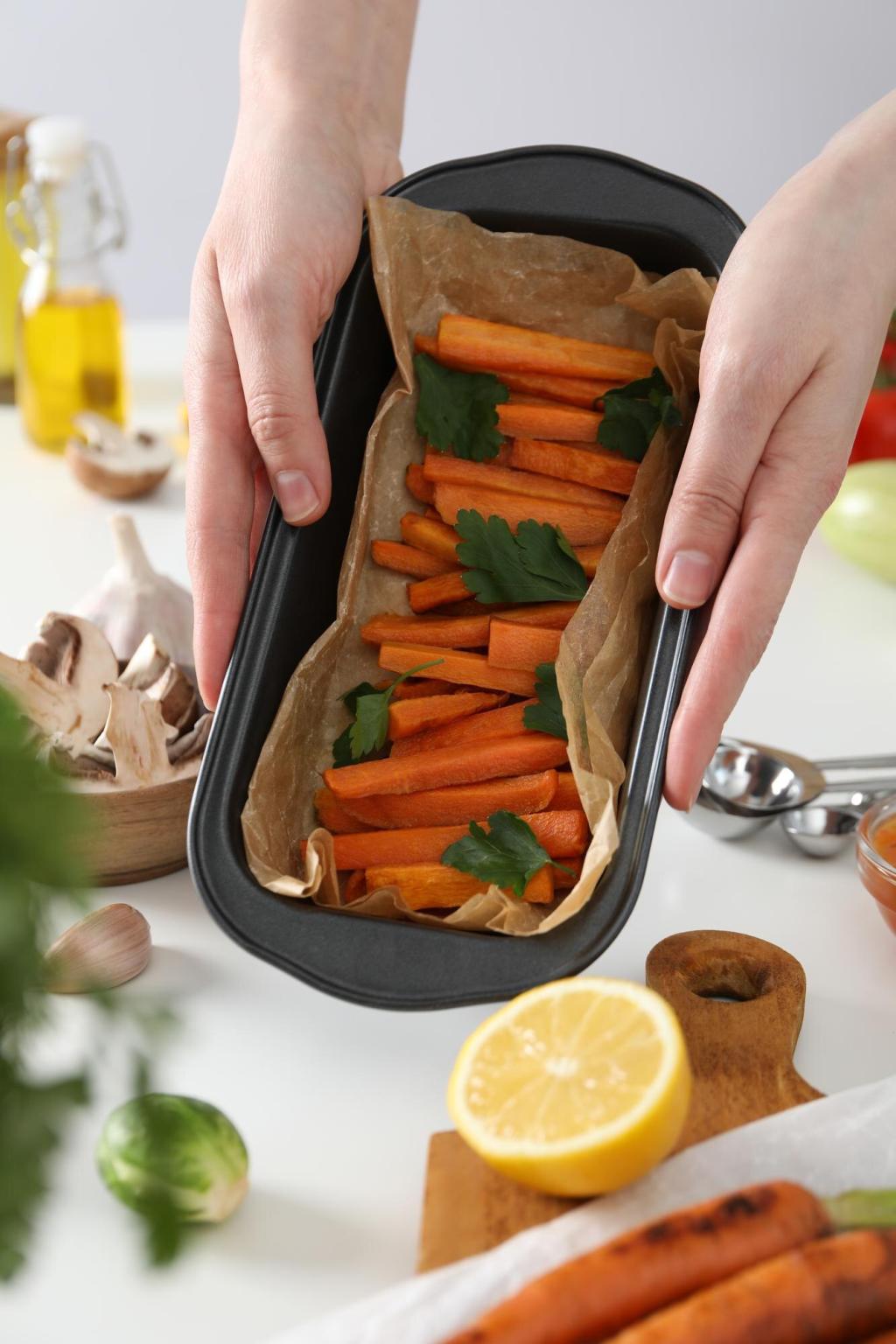
Take Action Today: Your First Week Plan
Skim an eco-focused cookbook and list three doable shifts—perhaps a plant-rich lunch, a zero-waste broth, and one seasonal swap. Share your list in the comments and invite a friend to join for accountability and fun.
